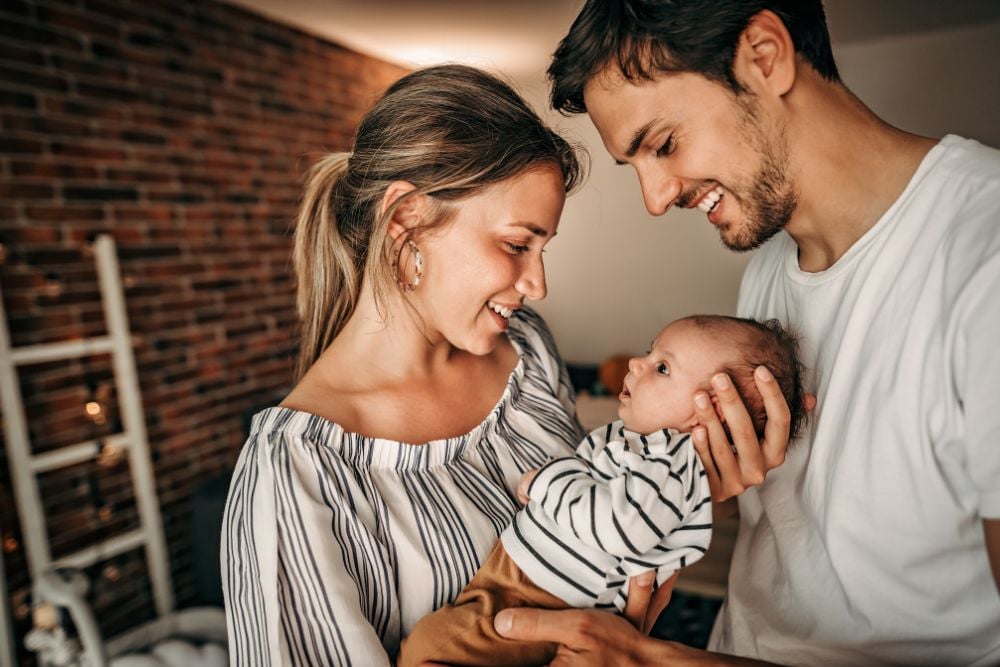How do we decide on egg donation instead of adoption?
Adoption is a wonderful way for infertile couples or individuals to have a family. In fact, when I received my first diagnosis of premature ovarian failure I began the research on adoption. As I began my research I discovered that egg donation would allow me to carry and deliver a pregnancy as well as have a child with my partner’s genetic makeup. Now I became faced with how to decide on egg donation instead of adoption. I felt it was beneficial for us to have the control and assurance of the in utero environment during the pregnancy – my uterus. I controlled what went into my mouth, what I was exposed to, and the kind of medical care I would receive. I know that my baby wouldn’t be exposed to alcohol, drugs, or tobacco. And the difference between adoption and egg donation is that I also didn’t have to go through all of the hoops as we would have through adoption — home study, background check, the lawyers, the adoption etc…
The cost actually is about the same and I didn’t need to wait a year or two to get the ball rolling. I was in perpetual motion from the moment I had my consultation with my fertility clinic. An egg donor was selected within 60 days, the cycle began, and within 90 days I was in my clinic’s transfer room undergoing an embryo transfer.
The hardest part for me was waiting the 10 days for the blood test that would tell me if I were indeed pregnant and then of course waiting another 14 days for the ultrasound that would show me that beautiful blip of a heartbeat.
The other part I have sadly learned over the years is that adoption is not a sure thing. I can’t tell you how many families I have met over the years who have experienced a failed adoption. These families go through kind of the same anxiety, anguish and sadness that those of us who miscarry go through. So I don’t buy it when I hear that adoption is 100% because it’s not.
It’s a complicated decision. There’s lots to consider. There are medical aspects one needs to consider — like your age (are you young enough to carry a pregnancy to term). Most fertility clinics have a cut off of 52 or 53 years old). Are you healthy enough to carry a pregnancy, and is your uterus in good enough shape to carry a pregnancy.
The other piece that’s important not to forget is coming to terms with loss. Regardless of which direction you choose to go, infertility in itself is traumatic. It’s emotional, it’s sad, it makes us angry and if can affect our ability to think clearly. So it’s important that we grieve because failure to grieve can cause all kinds of issues.
It’s important that as an intended parent you address all of these issues. It’s also important to even think about what your life would be like childless. I’ll be the first to tell you that grieving stinks. It’s painful, it’s hard — mourning is just incredibly hard. But it’s necessary to mourn the loss of the biological child that you had hoped, dreamed, and expect to have. This is important because when we finish grieving we can make room for, love, and embrace the child that we may have.
~Anonymous Parent through egg donation~


